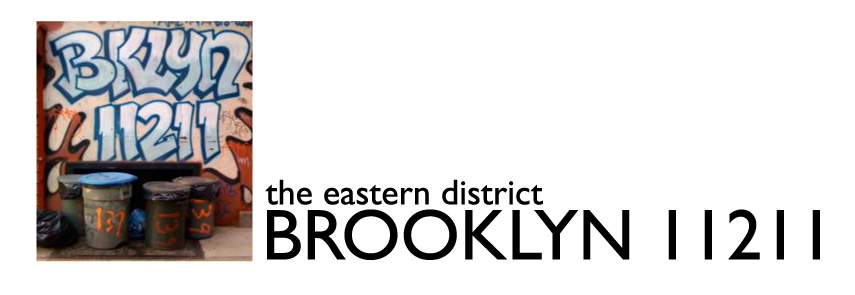CPCR Donated Over $100k to Local Supporters
According to the Brooklyn Paper, Community Preservation Corporation Resources, the for-profit developer leading the effort to redevelop the Domino Sugar site, paid out at least $100,000 to local groups over a two-year period. The neighborhood groups, which include El Puente, Los Sures, and Keren Ezer, received $10,000 each. (A fourth neighborhood group – Churches United – which is now defunct, received $30k.)
Not surprisingly, each of these groups was among the most vocal and active supporters of the Domino rezoning.
This really shouldn’t be a surprise to anyone – CPCR surely spent more than that on “public reputation” over the 5 or 6 years they spent getting the rezoning approved (including, for instance, T-shirts, box lunches and buses for the supporters they brought in from places like East New York). The period during which these payments were made (February 2008 through December 2009) doesn’t even cover the public review process in 2010, in which CPCR was able to bring out large blocks of supporters to a series of public hearings before CB1, the Borough President, City Planning and the City Council.
The article certainly seems to indicate that CPCR spent more than this, as it cites at least $20,000 (or maybe two $20,000 payments – the editing is not clear) going to Churches United for Fair Housing in late 2010 and 2011. (CUFH is a different entity from the defunct Churches United that received $30k from CPCR. CUFH’s members were also the most vocal supporters of the project.) If CPCR didn’t spend any more money than the article documents, they got a very good deal.
The recipients of CPCR’s largesse are, of course, vigorously contesting all assertions of impropriety, saying that this type of thing happens all the time (which is certainly the case), that they supported the project before any money changed hands, and that, of course, they would never sell their support. All this may be (and probably is) true, but whether or not anything improper did happen, the taint of impropriety is redolent.
As Norm Siegel told the Brooklyn Paper:
If the developer was giving community groups money five or 10 years before their mission, that would be one thing, but if the developer is giving money for the first and perhaps the last time, it raises the question whether the donor is buying recipients support and it raises questions about the community groups themselves.
